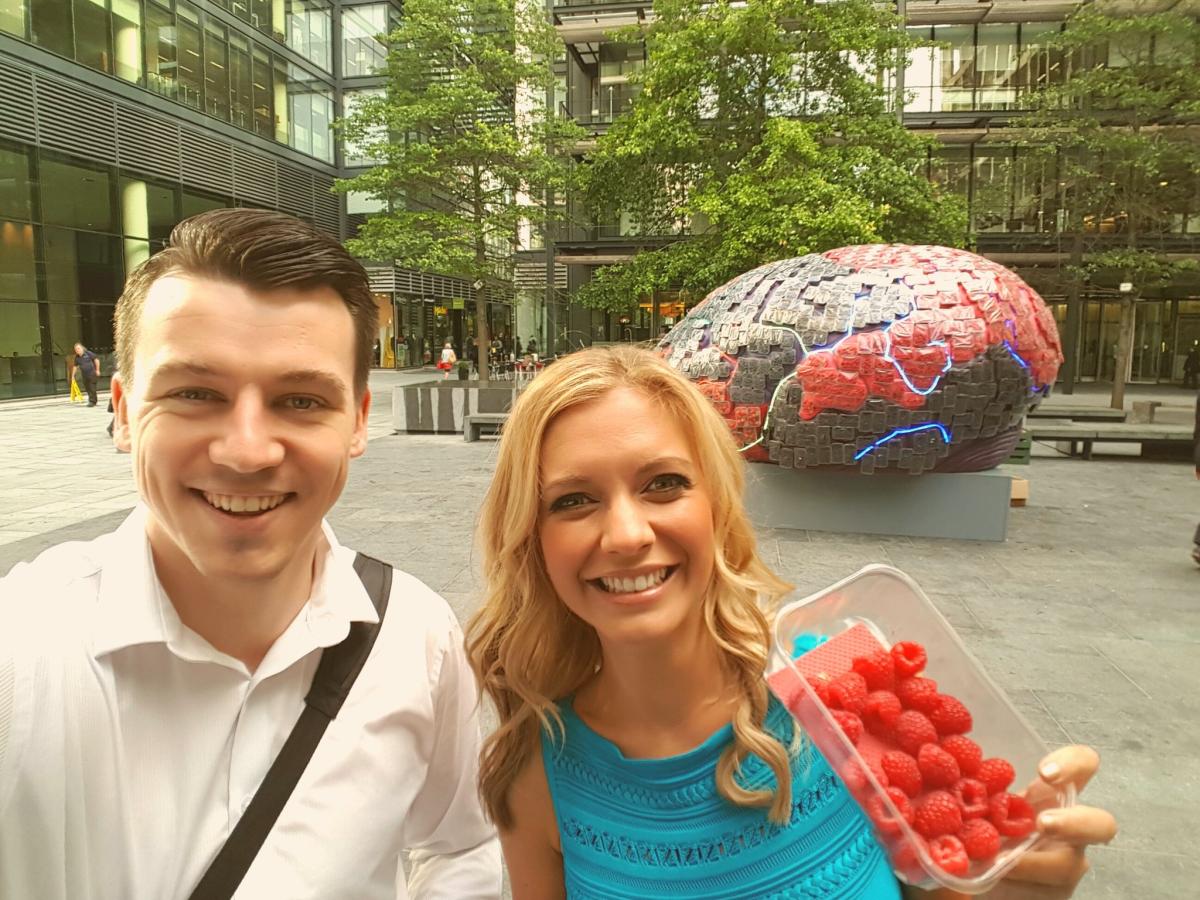The British vertical farming company Jones Food Company predicts that imported berries and herbs could 'disappear in ten years'. According to owner Jones Food Company(JFC), British soft fruit cultivation will receive 'a huge boost' from the opening of a new specialised, state-of-the-art innovation centre in Bristol.
STOP THE IMPORT OF BERRIES WITHIN TEN YEARS
According to JFC, the centre's research and development team aims to end the need to import red fruits, herbs and cut flowers into the UK within the next ten years.
The Innovation Centre is part of JFC's plans to further consolidate its role as an industry leader; the company is also building what will be the largest vertical farm in the world . The company said it expects to be able to grow berries, flowers, vegetables and even grapes on a commercial scale in the next few years, with a 'significant impact on UK food security'.
JFC's Innovation Centre will act as a test bed for products that will then be grown in what will be the world's largest vertical farm, currently named JFC2. The research and development team will closely study the growing requirements of different plants and varieties as the company evolves its product range from the leafy greens currently grown at the original site in Lincolnshire.

JFC already supplies 30% of the UK's fresh basil to major retailers, amounting to thousands of shops each week, and once JFC2 opens in autumn 2022 the combined growing space will be equal to 96 tennis courts stacked vertically.
"We already know that we can grow produce other than leafy greens, from mushrooms to blackberries to tulips, but our task with this new plant is to push the speed of growth to work on a commercial scale," said Glynn Stephens, JFC's cultivation manager.
We want consumers to be able to buy vertically-grown peppers, tomatoes or berries from their local retailer, knowing that that product is sustainable and has not had to travel hundreds of kilometres to reach their plate'.
"JFC is leading this mission and our aim is for vertical farming to become the UK's leading supplier of fresh food in the coming years," he added. "This is an area where we are seeing relatively rapid developments and we believe that the work we are doing will enable us to have a fresh basket of British strawberries at Christmas or eat a homegrown salad in winter."
James Lloyd-Jones, founder and CEO of Jones Food Company, said that consumers, retailers, government and all stakeholders recognise the importance and benefits of reducing emissions, reducing food miles, reducing pesticide use, reducing water use, and generally growing more sustainably.
"With the launch of our new Innovation Centre, our aim is to build on what we have already achieved and to diversify our product range at scale, so that the UK can fully rely on fresh home-grown products," explained Lloyd-Jones.
It is clear from what we have achieved and are planning that, within the next ten years, the UK may be in a position where we will no longer have to fly in soft fruitsand herbs from southern Europe, North Africa, the Caribbean or anywhere else.
"We will now be able to test, experiment and adapt quickly, and I am confident that the knowledge gained will pave the way not only for the future of UK vertical farming, but also for the future of UK agriculture," he continued. We are at the forefront of a huge opportunity to develop technology that will have an impact on consumers both here and around the world.
"We chose Bristol as the location for our Innovation Centre for several reasons," Lloyd-Jones pointed out. Firstly, it is very close to the Lydney site where we are building the largest vertical farm in the world, so there are operational advantages; secondly, there is a large and well-educated workforce from which to attract new talent in the space where agriculture and technology collide; and finally, of course, as a city, Bristol is among the most sustainable in the UK, so there is a strong attitudinal connection."
Source:Fruitnet
Fruitnet is part of the NCX Media network.






